It's easier to ask forgiveness than it is to get permission

It's easier to ask forgiveness than it is to get permission
Grace Hopper, a pioneer in the field of computer science, is often credited with popularizing the phrase, "It's easier to ask forgiveness than it is to get permission." This mantra has become a guiding principle for many in the tech industry, as it encourages individuals to take risks, think outside the box, and push boundaries in order to achieve their goals.Hopper herself embodied this philosophy throughout her career. As one of the first programmers of the Harvard Mark I computer in the 1940s, she was known for her innovative approach to problem-solving and her willingness to challenge the status quo. Hopper was a trailblazer in a male-dominated field, and she often had to navigate institutional barriers and push back against traditional norms in order to make her mark.
One of the most famous examples of Hopper's willingness to ask forgiveness rather than permission was her role in the development of the COBOL programming language. At a time when most programming languages were designed for specific machines and were difficult to learn and use, Hopper saw the potential for a more user-friendly and portable language. Despite facing resistance from her superiors, she continued to work on the project in secret, eventually creating a language that revolutionized the field of programming.
Hopper's approach to innovation and risk-taking has inspired countless individuals in the tech industry to embrace a similar mindset. By encouraging individuals to take calculated risks, challenge the status quo, and pursue their passions without waiting for approval, Hopper's mantra has empowered a new generation of innovators to push the boundaries of what is possible.
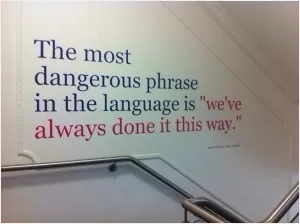
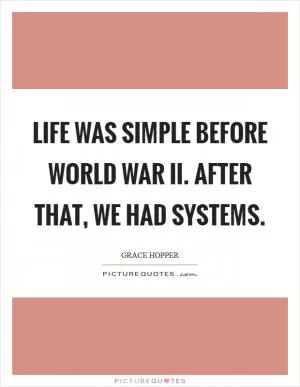
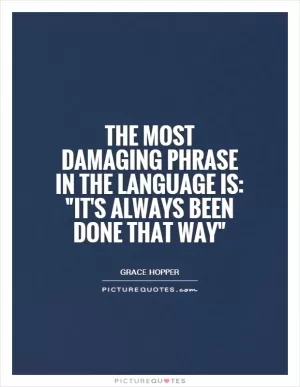
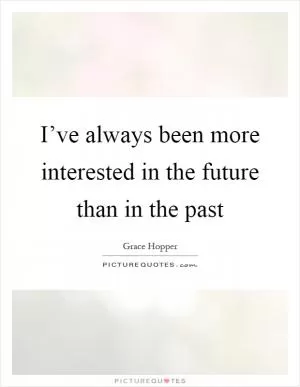
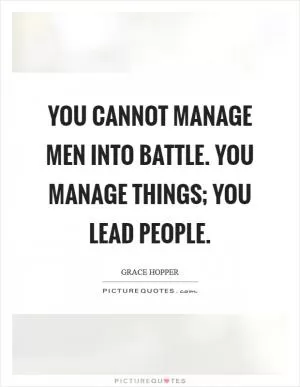
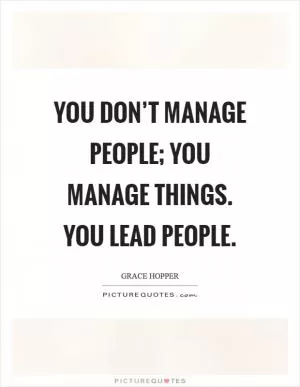
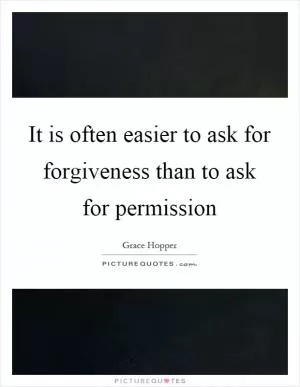


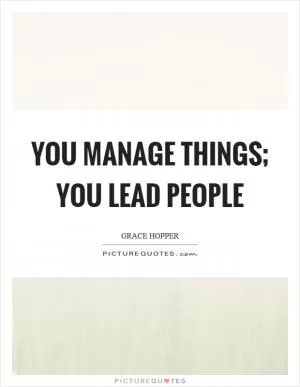
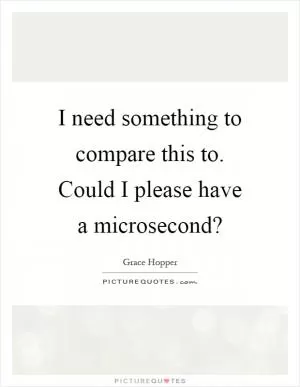
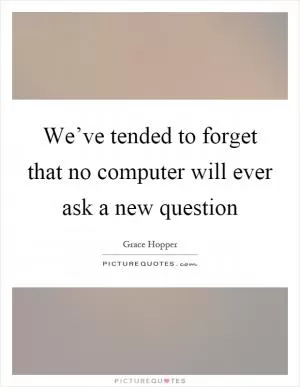
 Friendship Quotes
Friendship Quotes Love Quotes
Love Quotes Life Quotes
Life Quotes Funny Quotes
Funny Quotes Motivational Quotes
Motivational Quotes Inspirational Quotes
Inspirational Quotes